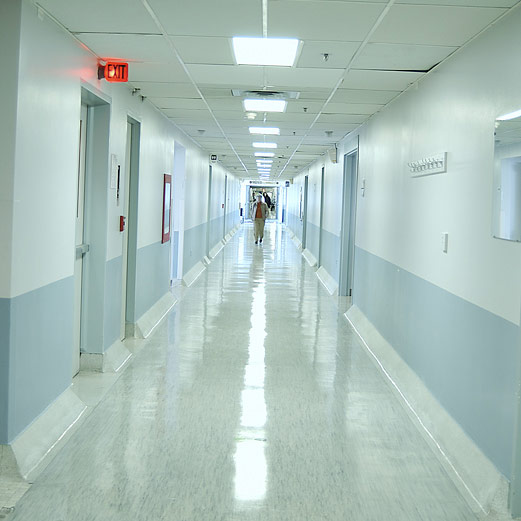
Here are some of the latest health and medical news developments, compiled by the editors of HealthDay:
U.S. Spent $2.5 Trillion on Health Care in 2009: Report
Total U.S. spending on health care in 2009 was $2.5 trillion, an average of $8,086 per person, says a report released Wednesday by the office of the actuary at the Centers for Medicare and Medicaid Services.
The four percent growth in health care spending from 2008 was the slowest rate of increase in 50 years and was linked to the recession, The New York Times reported.
“Many consumers decreased their use of health care goods and services, partly because they had lost employer-based private health insurance coverage and partly because their household income had declined,” explained economist and principal author Anne B. Martin.
Despite the slowed growth in spending, health care still accounted for a record 17.6 percent of total U.S. economic output in 2009, The Times reported.
—–
Irish Giant had Rare Gene Mutation
A rare and mysterious gene mutation explains the mystery of the Irish Giant, according to a new study.
Charles Byrne was 7 feet 7 inches tall. He gained fame and fortune when he traveled to London to be displayed as a freak. After he died in 1783, his skeleton was kept in a museum in London, The New York Times reported.
In 1909, an American doctor removed the top of Byrne’ skull and concluded that his immense size was caused by a pituitary tumor. But British and German scientists recently analyzed DNA from Byrne’s teeth and concluded that a gene mutation was the cause.
The same mutation was found in four Northern Ireland families who live near where Byrne was born and are related to him.
The study appears in Thursday’s issue of the New England Journal of Medicine.
—–
Cheney Must Make Decision About Heart Transplant
A decision on whether to seek a heart transplant will likely have to be made by former U.S. Vice President Dick Cheney within the next few months, suggests a news report.
The mechanical heart pump Cheney, 69, received in July saved his life, according to doctors. The pump, called a ventricular assist device, helps the heart push blood through the arteries. The devices are implanted as a last resort either as a permanent measure or to keep a patient alive until they undergo a heart transplant.
Doctors say Cheney has a narrow time frame to make a decision about seeking a heart transplant because he will soon be too old to qualify for the procedure, The New York Times reported.
It is possible for patients with a ventricular assist device to live for years, but the long-term prospects are unclear. The devices carry a significant risk of infection.
None of Cheney’s family or friends will reveal details about his heart condition or what he may be doing to deal with it, The Times reported.
—–

